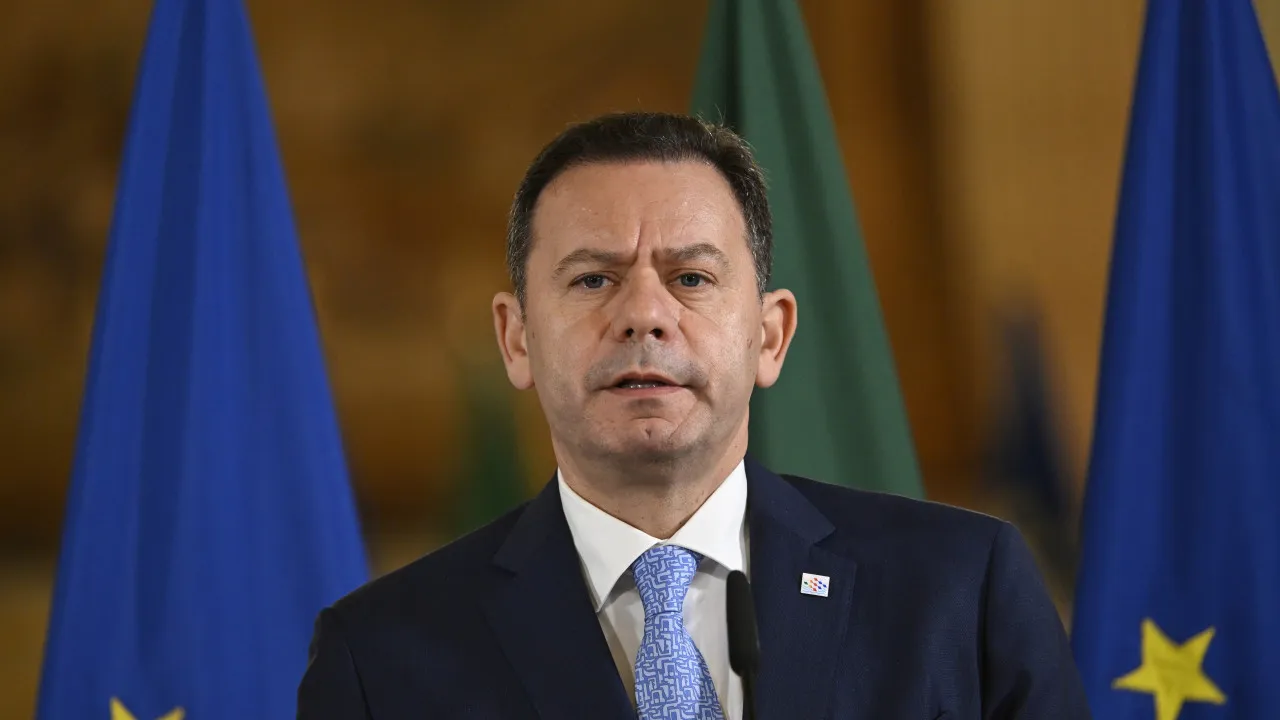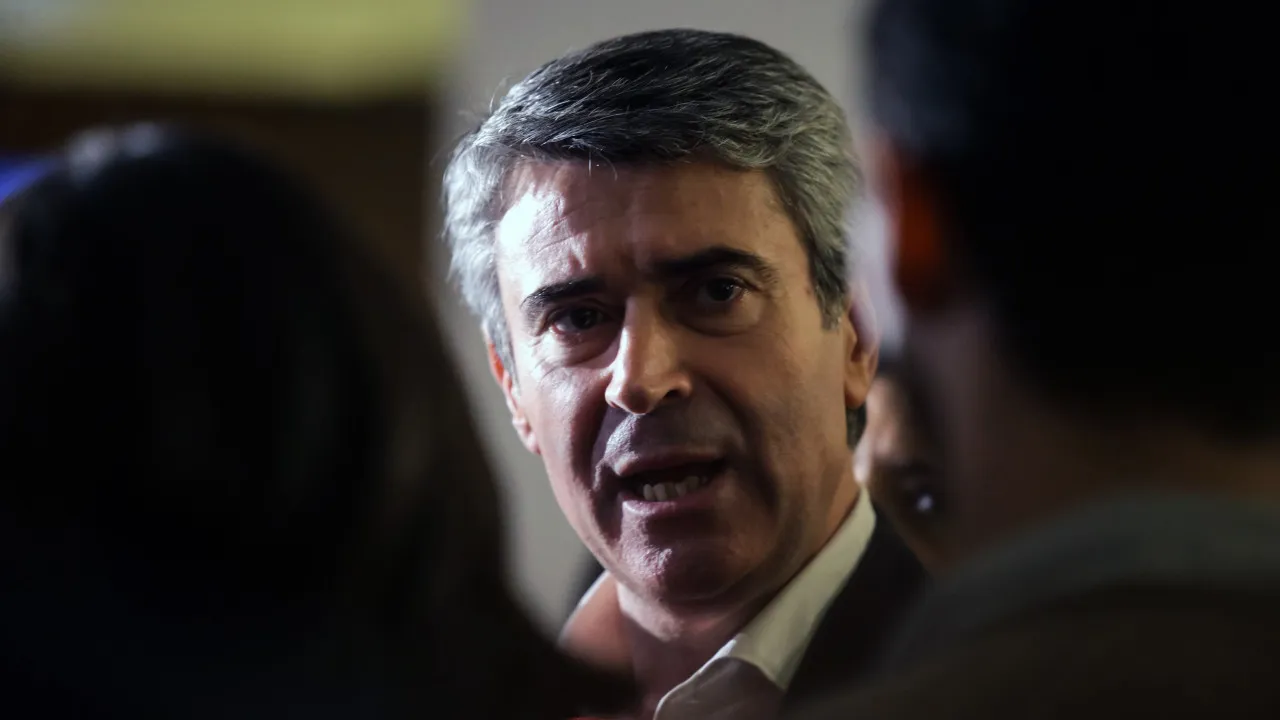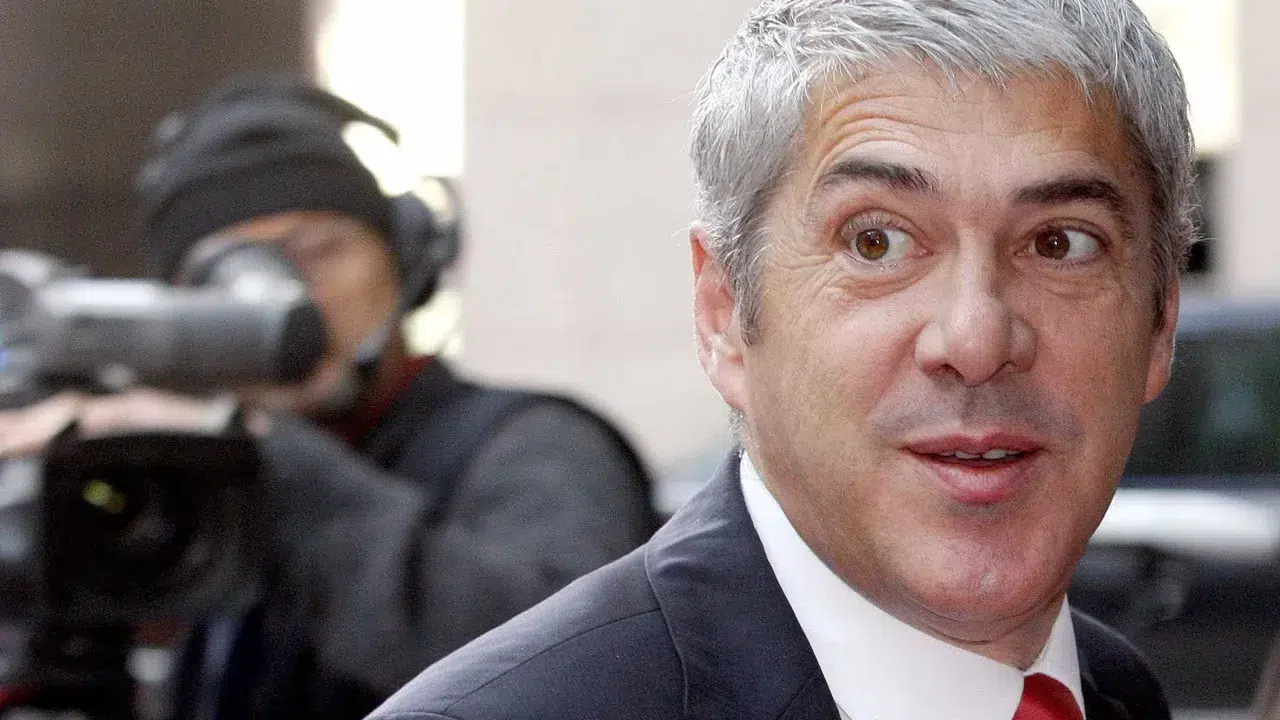
The business confederations today insisted on the need to deeply revisit labor legislation within the context of social dialogue. The UGT stated that while it is not a priority, it remains open to dialogue.
“We believe it is time to profoundly revisit labor legislation,” said Francisco Calheiros, president of the Portuguese Tourism Confederation (CTP), following the social concertation meeting, emphasizing that this “must go beyond simply defining the national minimum wage.”
Calheiros mentioned that the labor law “needs to be more modern,” “updated,” and “carry less ideological weight.” Among the issues they wish to revisit are “short-term contracts, intermittent contracts,” and the individual time bank.
João Vieira Lopes, president of the Confederation of Commerce and Services of Portugal (CCP), echoed this sentiment, expressing a desire to “address a number of issues,” specifically concerning telework and time banks.
Regarding potential changes to the strike law, Vieira Lopes mentioned that it is not a “priority” topic, but “there are no taboos,” while Calheiros noted that “the prime minister made a very clear intervention,” ensuring that the government does not intend to “challenge this right,” but make adjustments.
“This right to strike must be considered regarding how it might, in certain situations, disadvantage thousands and thousands of people,” Calheiros said, noting that the prime minister provided examples in the health and transport sectors.
At the end of the meeting, and before the social partners’ statements, Luís Montenegro reiterated an intention to amend the strike law, emphasizing the goal to “enshrine” that “minimum services ensure a balance between exercising the right to strike and the rights of other workers,” with any changes constitutionally supported.
The president of the Portuguese Business Confederation (CIP), Armindo Monteiro, stated that the law “should remain to guarantee workers’ rights,” but this right “shouldn’t prevent the right to work.” “There are rights that cannot be taken to excess,” he argued, noting that these two rights “should be in harmony.”
From the unions’ perspective, UGT Secretary-General Mário Mourão suggested that “there is no need to change the strike law to solve ongoing problems,” but expressed openness to hear the government’s proposal, warning that “there is no agreement at any cost.”
“We are willing to dialogue, negotiate, and identify points for agreements in social dialogue because that is what social dialogue exists for. Various matters will be on the table, such as changes to labor legislation, and therefore we will see what proposals will be presented concerning this issue, knowing that while we will discuss everything, we will not agree on everything,” he stated.
Meanwhile, CGTP Secretary-General Tiago Oliveira accused the government of wanting to “limit the impact” of strikes, claiming that “there are already sectors where the stipulated minimum services exceed the normal daily operation of the services.”
According to the social partners, the next social dialogue meeting is scheduled for July 24, at which time the agendas for topics to be discussed will be defined.




